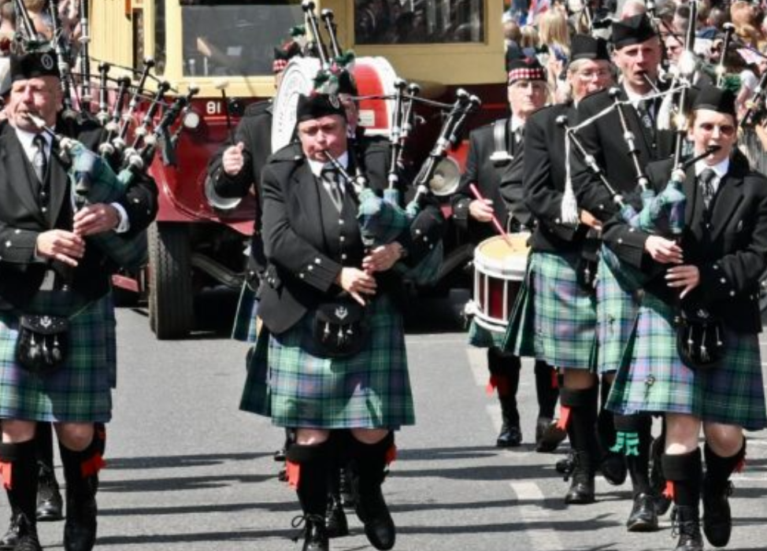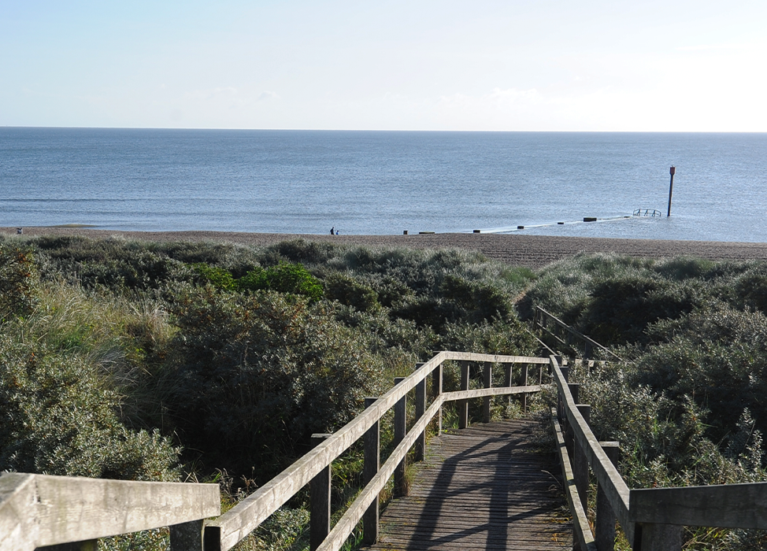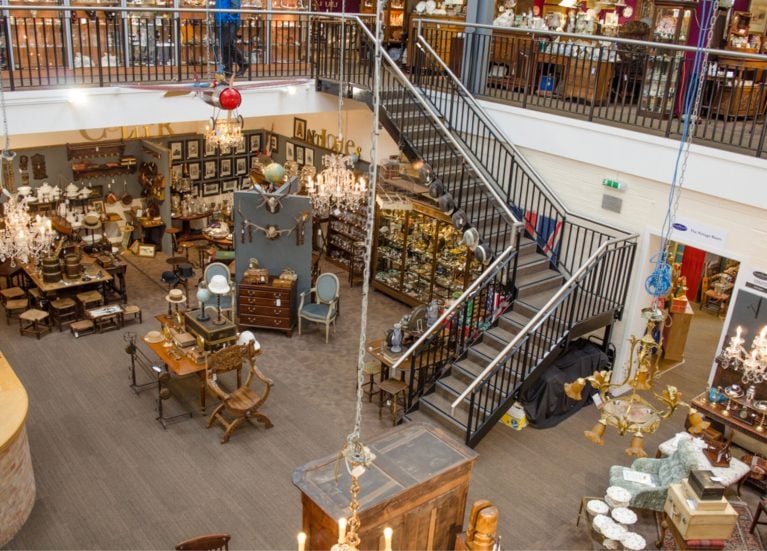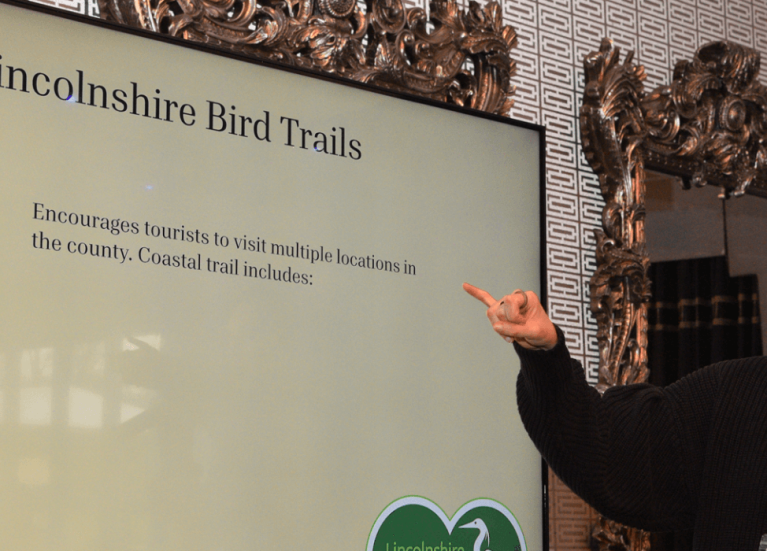November 2nd marks the anniversary of George Boole’s birth at Silver Street, Lincoln in 1815. George would go on to become a legend in mathematics and one of the city’s greatest minds.
Named the ‘grandfather of the digital world’, the 200th anniversary of Boole’s birth has been rightly celebrated in 2015 with lectures, films and exhibitions.
Here are six facts about George Boole that you might not know about.
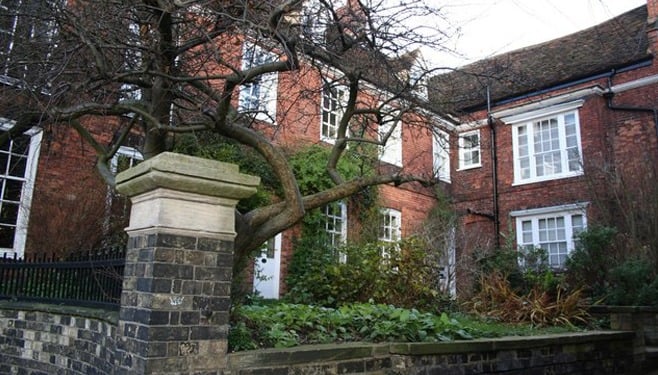
1. George Boole founded two schools in Lincoln
George attended his first class at school aged 2 and by the age of 19 he was lecturing in Lincoln on another local hero, Sir Isaac Newton. His passion for education and learning led him to found two schools in the city: one in Free School Lane in 1834 and one at Pottergate (pictured) in 1840.
Neither exist today but a plaque can be seen at the site of the ‘Boarding School for Young Gentlemen’ on Pottergate.
2. Boole was a self-taught linguist
Aged 10, George’s talent for languages was apparent and his father John arranged for additional tuition in Latin. Having mastered this language, he went on to teach himself Greek, French, German, and Italian.
It’s not surprising that his command of language led him to also master algebra and later devise Boolean logic – the building blocks of our digital world today.
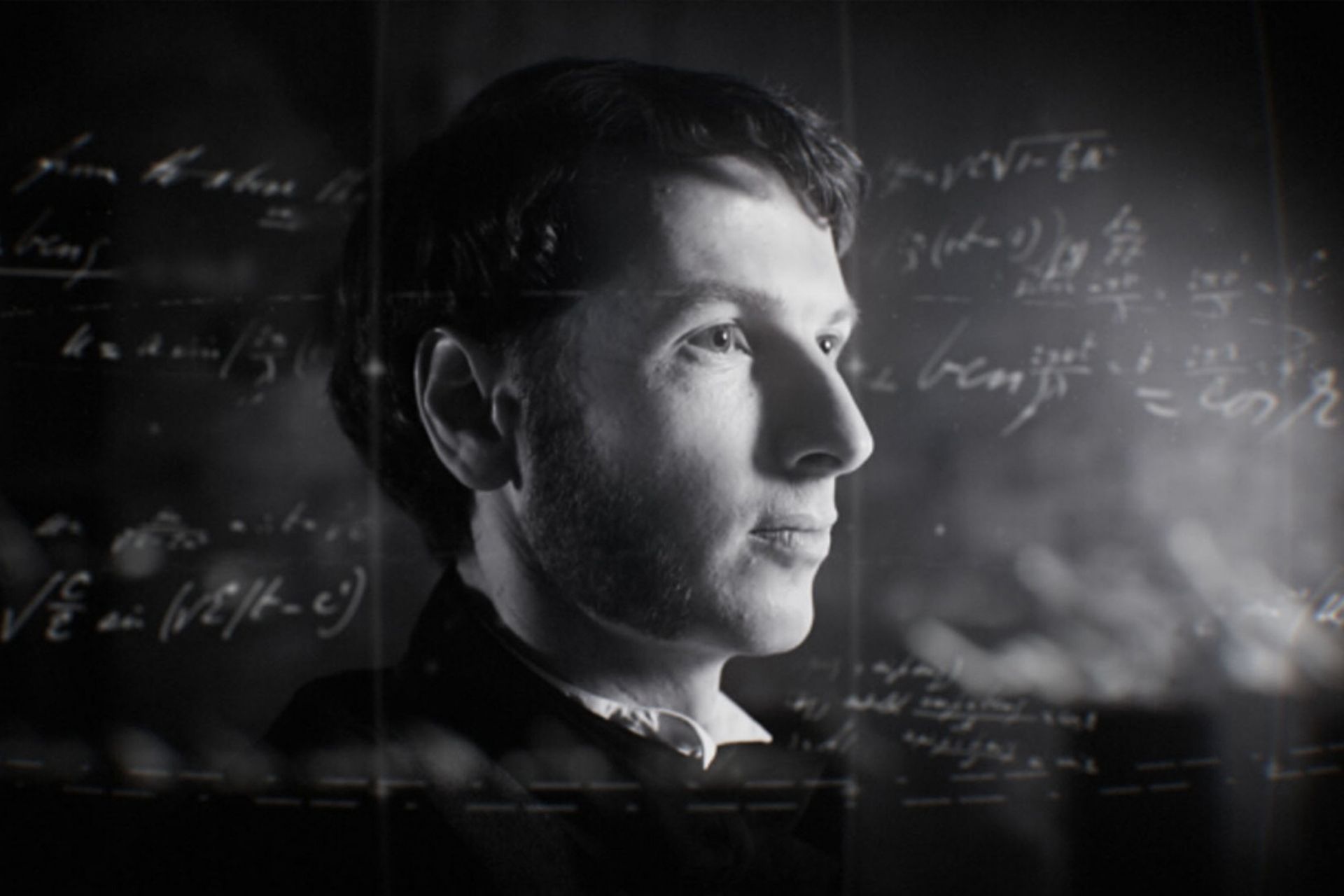
3. Boole won a Royal Medal
The Royal Society has given Royal Medals for outstanding achievements in biological, physical and applied sciences since 1825. In 1844, George Boole was awarded the Royal Medal for Mathematics for his paper ‘On a General Method of Analytics’.
This paper, and the award of the prestigious medal, drew the attention of Britain’s leading mathematicians and would lead to his professorship at Queen’s College Cork (now University College Cork) in Ireland 5 years later.
4. George and Mary Boole had five daughters
George and Mary Boole married in Cork, Ireland In 1855 and the couple went on to add five daughters to their family: Mary Ellen, Margaret, Alicia, Lucy, and Ethel Lilian.
Boole’s biographer Desmond McHale comments that Boole ‘must have seen the irony of a man with an interest in probability fathering five daughters in a row’.
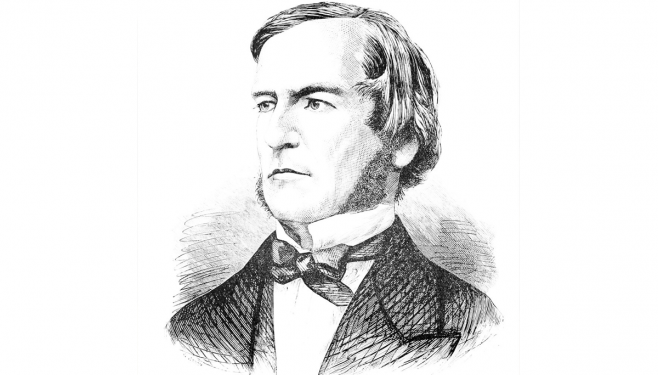
5. Boole's favourite passage from the Bible is the Calling of Samuel
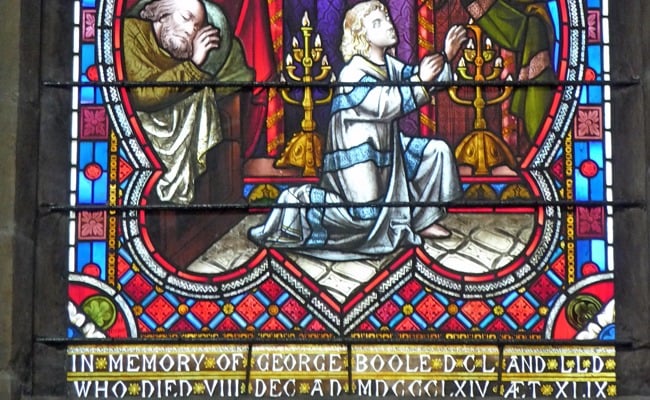
6. Boole may have foresaw the digital revolution of the 20th Century
Boole was dedicated to ‘understanding the thought processes of the human mind’ – his work explored logical thought using symbolic logic.
In Professor Desmond McHale’s biography of Boole, he cites a paraphrase of George: “calculation and reasoning, like weaving and ploughing, are work, not for human souls, but for clever combinations of iron and wood.”
Indeed, in 1938 Claude Shannon published a paper – drawing on Boole’s 1884 book ‘The Mathematical Analysis of Logic’ – on which modern digital computer circuits are based.
BONUS. Boole's 200th birthday was celebrated with a Google Doodle
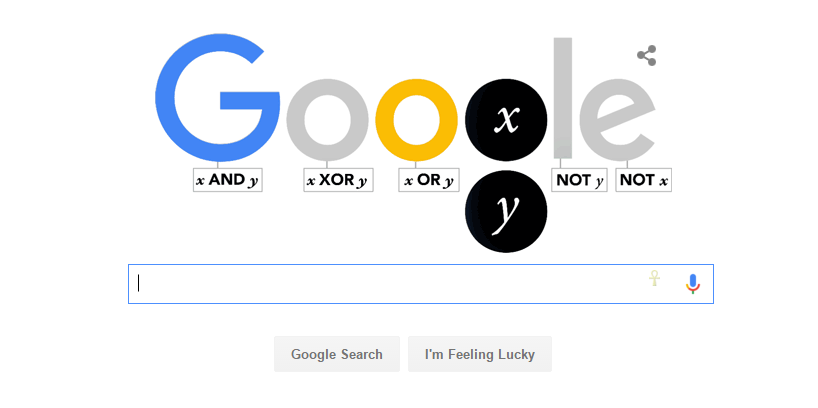
You can follow in George Boole’s footsteps around Lincoln using the free, digital George Boole Trail . Or find out more about Boole’s life, work and legacy on the official George Boole website .
